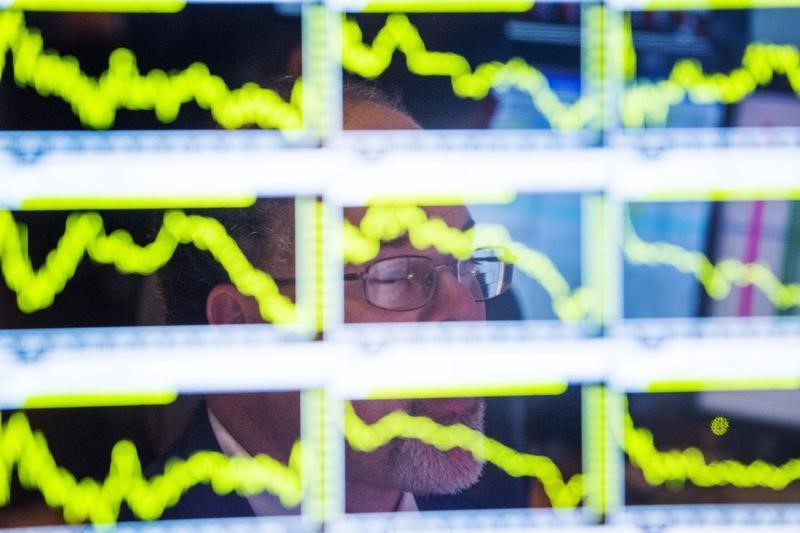Czech Republic pauses monetary easing amid inflation concerns
Investing.com -- The Czech Republic has ended its year-long cycle of monetary easing due to concerns about persistent inflation, despite a weak economic forecast. Policymakers in Prague decided to keep the key interest rate steady at 4% on Thursday. This decision follows eight consecutive rate cuts that lowered borrowing costs by 3 percentage points.
The decision was anticipated by nearly all analysts in a Bloomberg survey, as central bankers had previously expressed caution. Consumer price growth has been slowing towards the bank's target this year. However, industries that rely heavily on exports are struggling due to weak demand from Germany. Wage growth in the third quarter exceeded expectations, and officials, including Governor Ales Michl, have continuously highlighted the increasing cost of services as a potential inflation risk.
According to Vit Mikusek, an analyst at Raiffeisenbank AS, there seems to be a shared belief among the bank board members about the need to control not only the current inflation, which is showing a rising tendency again, but also future inflation expectations.
This decision highlights a divergence in the approach of policymakers in central and eastern Europe, who are adopting a more cautious path, compared to other major economies focused on easing. Last week, officials at the European Central Bank signaled that borrowing costs will continue to fall after implementing the fourth rate cut of the year. The US Federal Reserve also made a widely expected rate cut on Wednesday, but it reduced the forecast for further cuts next year.
Czech Governor Michl is set to address reporters at 3:45 p.m. in Prague. The main focus will likely be on potential signals on whether rate cuts may resume at the next meeting in February.
Money market prices suggest that investors have mostly reduced bets on further cuts and predict approximately 50 basis points of easing next year.
Analysts at Komercni Banka (PR:BKOM ) AS offered a more dovish forecast before the December meeting, predicting quarter-point reductions at each of the first four meetings next year. This would bring the benchmark rate to 3% by June. "In our view, inflation will slow to near 2.5% in January, and reach 1.8% on average next year," said Komercni Banka analyst Jaromir Gec. He also suggested that the economic recovery may be milder than what the central bank anticipates.
This article was generated with the support of AI and reviewed by an editor. For more information see our T&C.
Source: Investing.com
